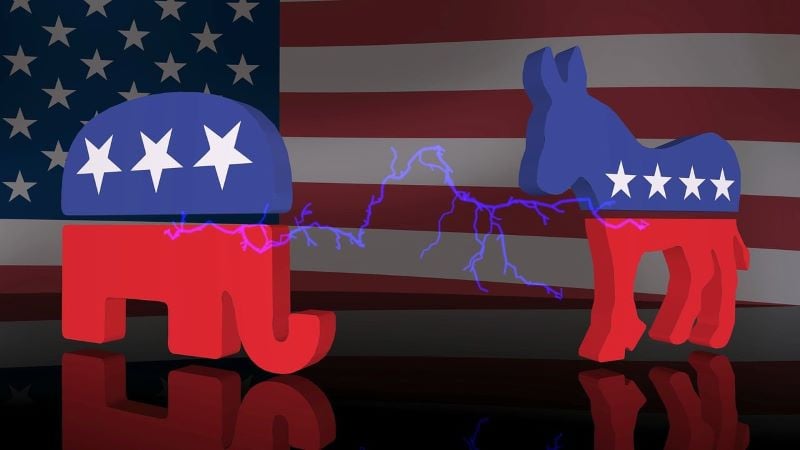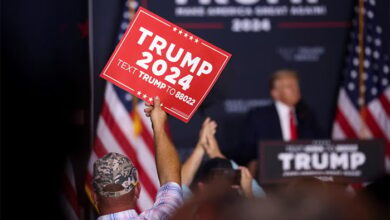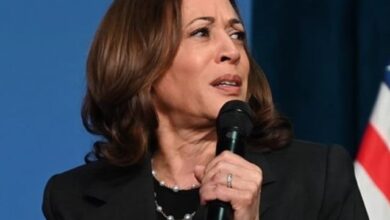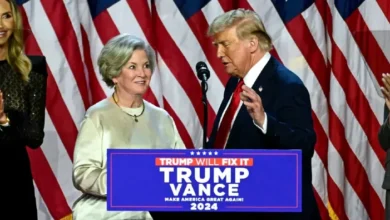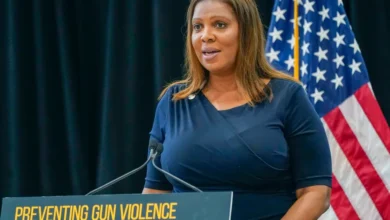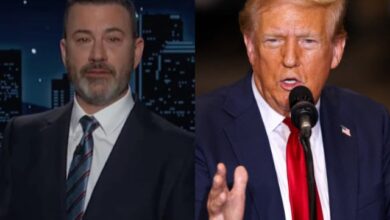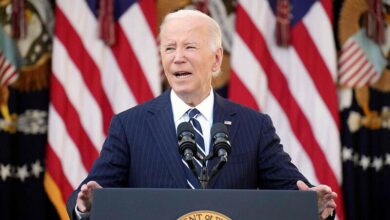For the first time in over three decades, the Washington Post announced Friday that its editorial board will not endorse a candidate in the upcoming U.S. presidential election. Publisher and CEO Will Lewis stated, “We are returning to our roots of not endorsing presidential candidates,” a declaration made just under two weeks before the 2024 election.
The Washington Post has nearly always endorsed a presidential candidate since its first endorsement of Jimmy Carter in 1976. Ownership of the paper shifted in 2013 when Amazon founder Jeff Bezos purchased it. The editorial board’s decision this year, given the significance of the election, has already sparked backlash, including from some former senior staff.
Marty Baron, former executive editor of the Post, condemned the move, calling it “cowardice, with democracy as its casualty.” He added that the Republican nominee, Donald Trump, “will see this as an invitation to further intimidate the owner,” referring to Jeff Bezos, and described the move as “disturbing spinelessness at an institution famed for courage.”
This announcement follows a similar decision by Los Angeles Times owner Patrick Soon-Shiong, who earlier in the week blocked an editorial endorsement of Kamala Harris, sparking high-profile resignations among staff. Mariel Garza, head of the editorial board at the Los Angeles Times, stepped down in protest, stating, “In dangerous times, honest people need to stand up. This is how I’m standing up.” Another staff member described the Times’ decision as “unreal” and “cowardly.”
In a statement, Lewis noted past instances when the Post’s editorial board refrained from endorsing presidential candidates, framing the decision as a return to “independent journalism” and describing it as “right” for the publication. “We recognize that this will be read in a range of ways, including as a tacit endorsement of one candidate, or as a condemnation of another, or as an abdication of responsibility,” he said. “That is inevitable,” Lewis continued, but emphasized, “We don’t see it that way.”
Rather, Lewis explained, the decision aligns with the Post’s values, seeking a leader who embodies “character and courage in service to the American ethic, veneration for the rule of law, and respect for human freedom in all its aspects.” He argued that withholding an endorsement is a way of supporting readers’ independence, allowing them to determine “whom to vote for as the next president.”
“Our job at the Washington Post is to provide through the newsroom non-partisan news for all Americans, and thought-provoking, reported views from our opinion team to help our readers make up their own minds,” Lewis said, adding that the role of the Washington Post, as “the newspaper of the capital city of the most important country in the world,” is to maintain its independence. “And that is what we are and will be.”
NPR reported that the decision took many Washington Post staff by surprise, with initial responses described as “uniformly negative.”
In contrast, the New York Times editorial board endorsed Kamala Harris in September, calling her “the only choice” for president.

